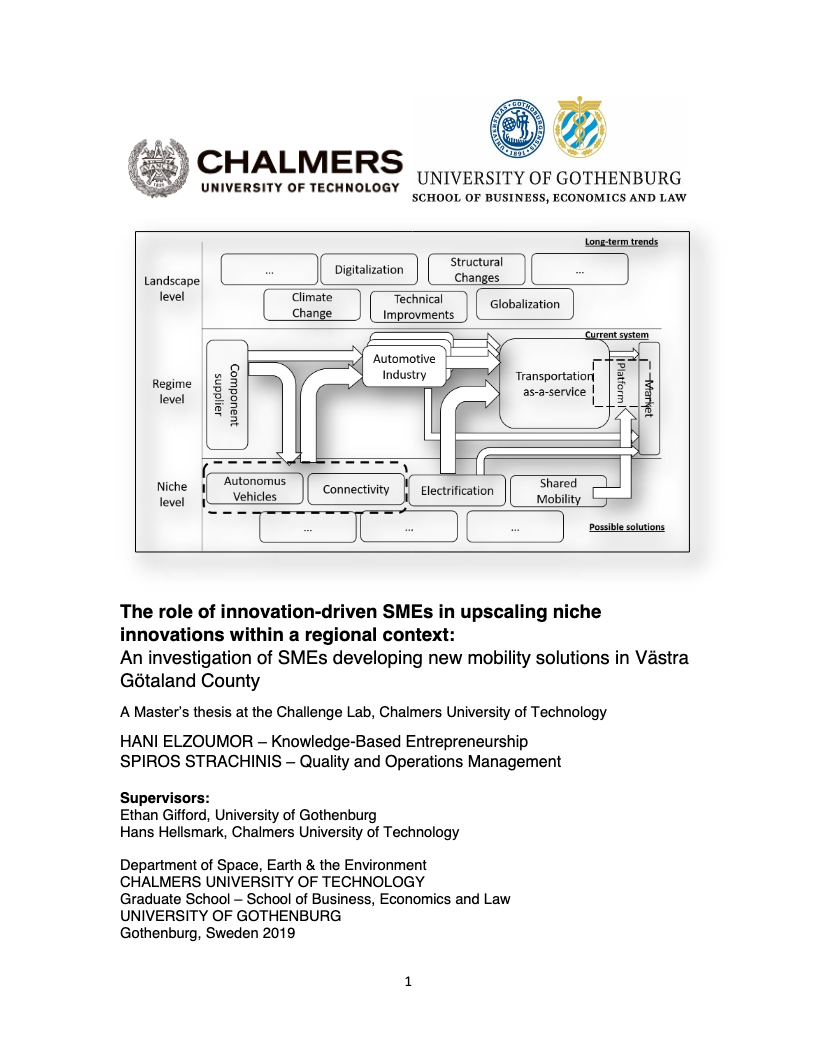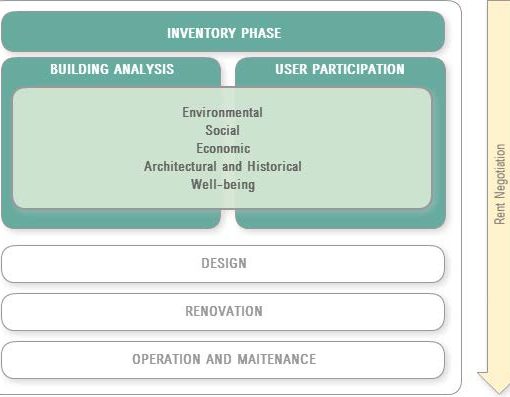Amanda Arnö, Cedric Pellegrini (2017)
With the current trend of densification of cities and the threats of pollution and increasing precipitation due to climate change, stormwater management is becoming increasingly important. Traditionally, this has been done through leading the stormwater in mixed sewage pipes to a wastewater treatment plant, or in separate pipes directly to a water recipient. The consequences of these approaches can be combined sewage overflows when the pipe capacity is reached, or that water recipients are polluted by untreated stormwater. Therefore, stormwater best management practices recommend solutions using soil infiltration and plant mechanisms as alternatives. By adding values like biodiversity and human well-being, such ecosystem service-based solutions provide a multifunctional use of space that is highly relevant for dense city areas. This master’s thesis applies a broad perspective on the issue of implementing ecosystem service-based solutions for stormwater management in Gothenburg, focusing on an existing, dense city area. Three research questions were asked: Which solutions exist that could be suitable? How can space be found to implement them? What are the main barriers for implementation? The research was done in the form of a case study in Linnéstaden, Gothenburg. Drawing on backcasting methodology, explorative interviews and a workshop with researchers and professionals in stormwater management from the public and private sectors were held. The findings were then used to produce a vision for transformation of the case study area and to recommend which barriers to address in moving forward. The study shows that there are many solutions, such as rain gardens and grass infiltration, already existing that could be tested in Gothenburg. In the developed vision, these solutions are used for stormwater treatment and flow control together with a resurfaced creek in the middle of the street. A major finding is that the solutions should be considered as part of a complex system where existing infrastructure, topography, municipal responsibilities and many more parameters are included. Such a holistic perspective will be a key to maximizing the efficiency and acceptance of ecosystem service-based solutions. Finding the space required to place those solutions is a matter of restructuring streets in a more integrative way. Today, large areas are used for traffic and parking, which limits the freedom of action for other services. Three main themes are presented as the main gaps to address to overcome the barriers. Legitimacy refers to convincing all the stakeholders that stormwater is an urgent problem. It is identified that more research is still needed about the economical aspect of ecosystem services and local stormwater impact. Lastly, the city of Gothenburg would benefit from a structure that redefines responsibilities and facilitate interaction between stakeholders.
Read the full report here.





